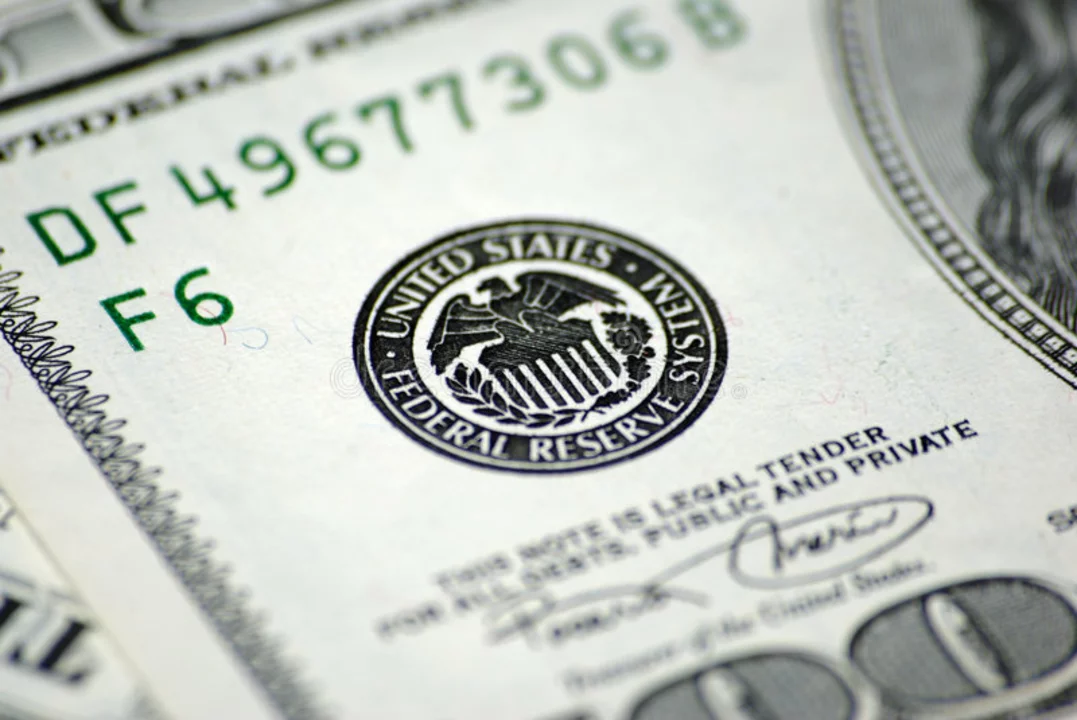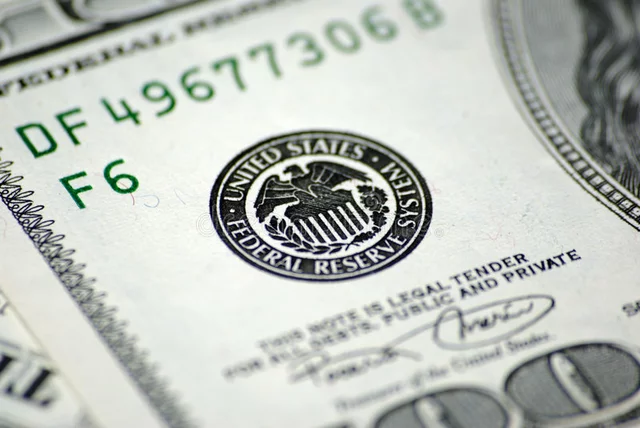Introduction: The Federal Reserve Bank and the Stock Market
As a financial blogger, I often find myself intrigued by the mysteries and strategies of the Federal Reserve Bank. Lately, a question has been on my mind: Is the Fed actually buying into the stock market? To find the answer, I have conducted extensive research and analysis, and this article will delve into this topic to provide valuable insights for anyone interested in understanding the relationship between the Fed and the stock market. So, let's dive in!
Understanding the Role of the Federal Reserve Bank
Before discussing whether or not the Federal Reserve is buying into the stock market, it's important to understand the primary role of the Fed. As the central bank of the United States, the Federal Reserve is responsible for implementing monetary policy, supervising and regulating banks, and providing financial services to the US government and various financial institutions. Its main objective is to maintain stable economic growth and ensure price stability by controlling inflation and interest rates.
In order to achieve these goals, the Federal Reserve has several tools at its disposal, such as adjusting the federal funds rate, conducting open market operations, and altering reserve requirements for banks. While it does not directly buy or sell stocks, the Fed's actions can significantly influence the stock market and the overall economy.
The Connection Between the Federal Reserve and the Stock Market
While the Federal Reserve's primary focus is on maintaining economic stability, its actions can have a profound impact on the stock market. For example, when the Fed lowers interest rates, it becomes cheaper for businesses to borrow money, which can stimulate investment and economic growth. This, in turn, can lead to an increase in corporate earnings and a subsequent rise in stock prices.
Conversely, when the Fed raises interest rates, borrowing becomes more expensive, and businesses may cut back on investments. This can result in slower economic growth and a decline in corporate earnings, which can negatively impact stock prices. Thus, it's clear that the Fed's monetary policy decisions can greatly influence the stock market's performance.
Quantitative Easing and the Stock Market
One of the most significant ways the Federal Reserve has impacted the stock market in recent years is through a policy called quantitative easing (QE). This policy involves the Fed purchasing large amounts of government bonds and other securities, such as mortgage-backed securities, to inject money into the economy and lower long-term interest rates. This was first implemented in response to the 2008 financial crisis and has been used several times since then to stimulate economic growth.
While quantitative easing does not involve the direct purchase of stocks, it has had a notable effect on the stock market. By lowering interest rates and increasing the money supply, QE has made stocks more attractive to investors, driving up their prices. Additionally, lower interest rates have led to increased borrowing and spending, which has further boosted economic growth and supported higher stock prices.
Is the Federal Reserve Buying Stocks?
While the Fed's actions can significantly impact the stock market, it does not directly buy or sell stocks. However, there have been calls for the Federal Reserve to expand its asset purchases to include stocks, as other central banks such as the Bank of Japan and the European Central Bank have done. Proponents of this idea argue that it could provide additional support to the stock market and help stabilize the economy during times of crisis.
Despite these suggestions, the Federal Reserve has not taken this step, and it remains unlikely that it will do so in the near future. While the Fed has the legal authority to purchase stocks through its various emergency lending programs, it has not exercised this power, and such a move would likely face significant political and public opposition.
Conclusion: The Indirect Influence of the Federal Reserve on the Stock Market
So, is the Federal Reserve Bank buying into the stock market? The answer is no, at least not directly. The Fed's primary function is to implement monetary policy and maintain economic stability, and while its actions can greatly influence the stock market, it does not directly participate in buying or selling stocks.
However, through its various tools and policies, such as adjusting interest rates and implementing quantitative easing, the Federal Reserve can exert a significant indirect influence on the stock market. By understanding the relationship between the Fed and the stock market, investors can better anticipate how changes in monetary policy may impact their investment decisions and overall market performance.





